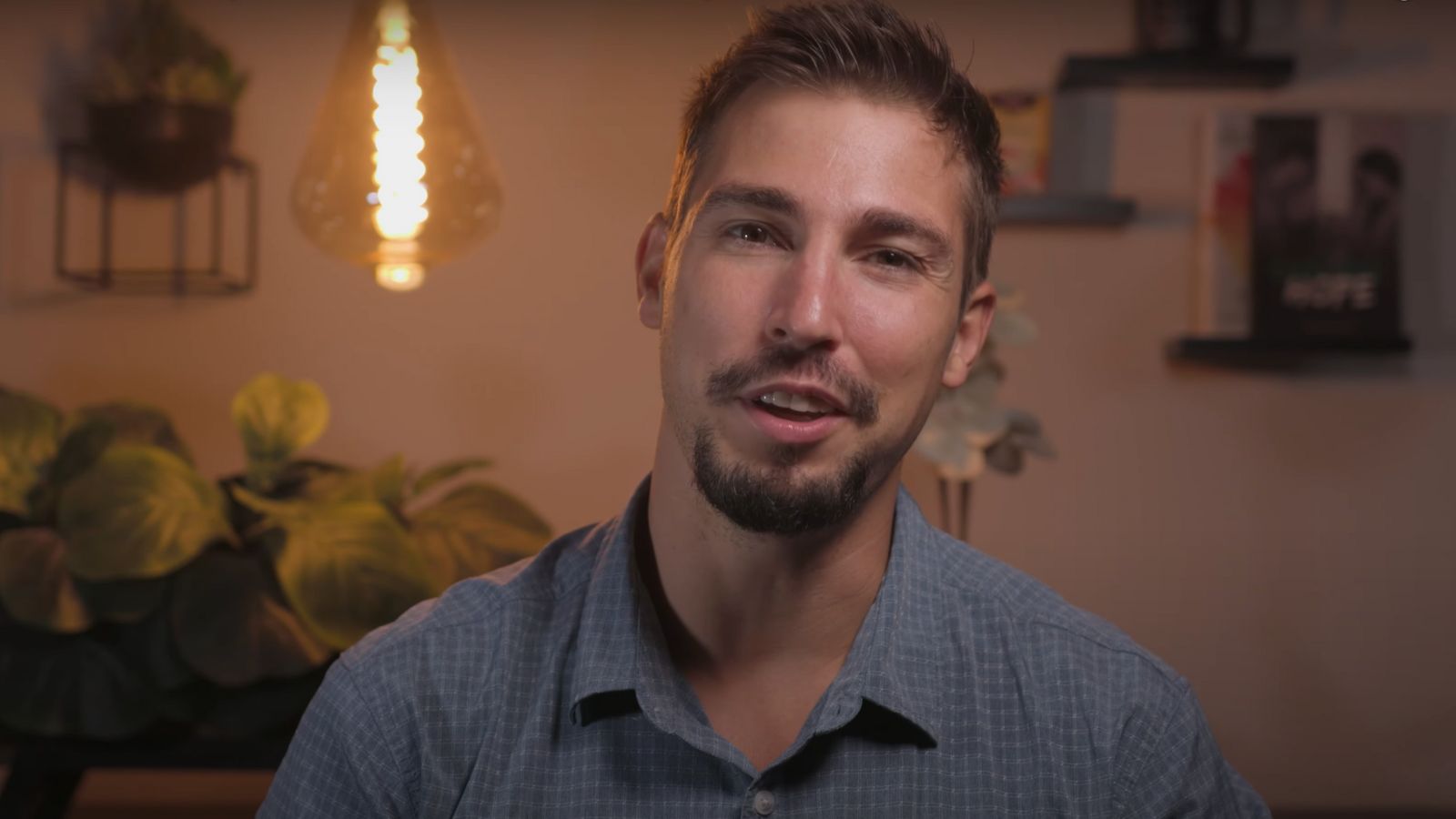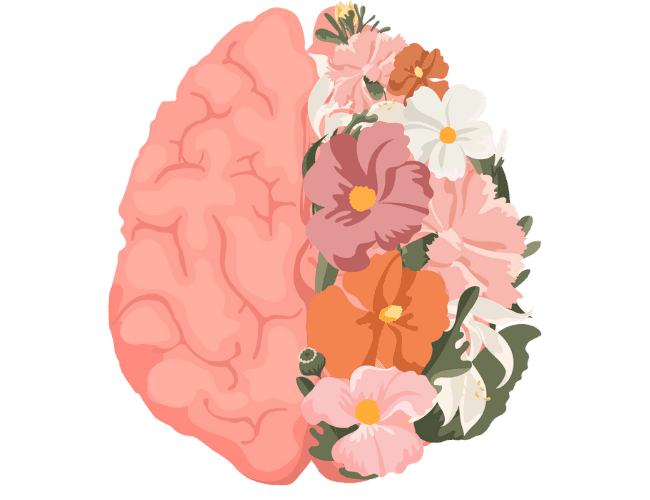What happens if a personality disorder is left untreated?
Untreated personality disorders can lead to problems in many aspects of life.
It can make it difficult to maintain or build relationships with others or make socialization difficult.
It can also make it difficult to perform in school or at work. Untreated personality disorders can lead to substance abuse, risky behavior, or binge eating.
Can BPD get better without treatment?
Symptoms of BPD are unique to each person. Sometimes, people can manage the symptoms of BPD without treatment.
However, BPD is not curable and does not go away on its own.
























